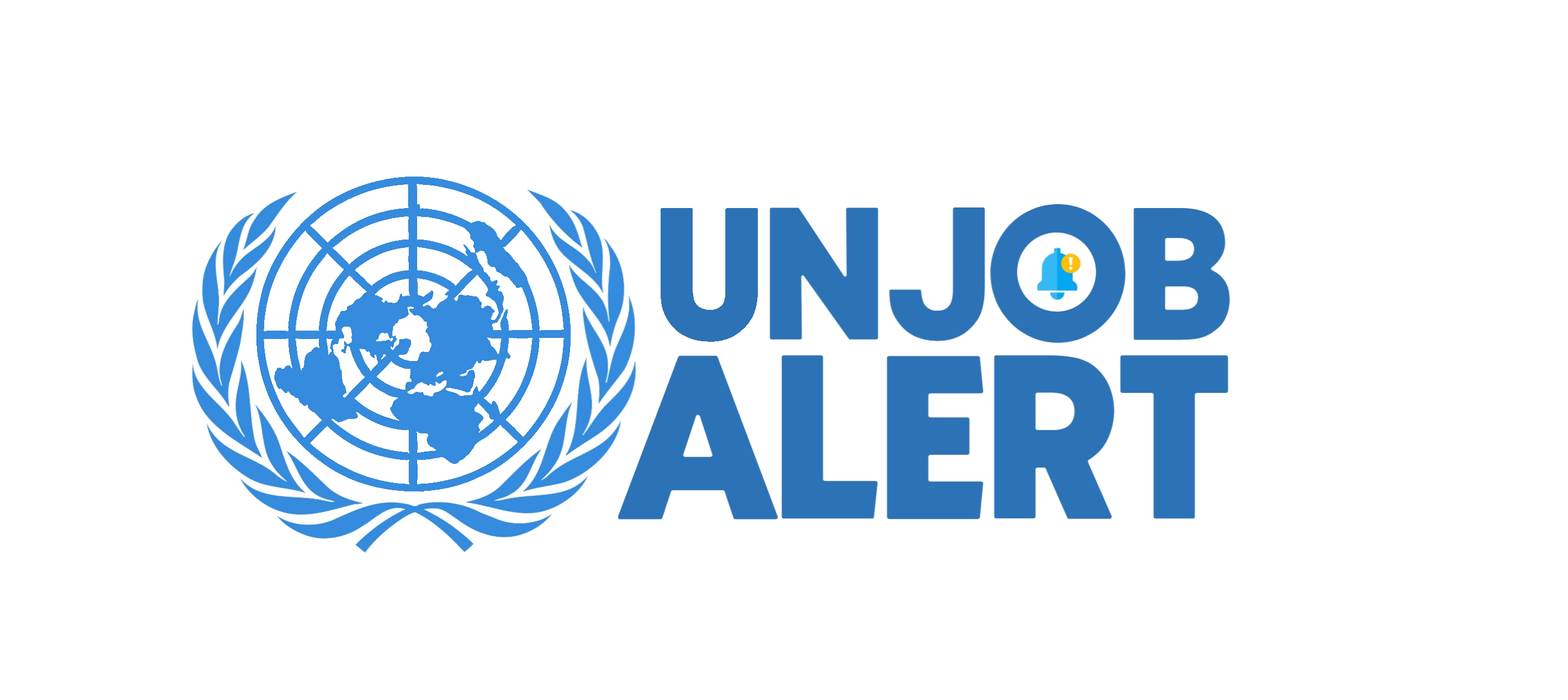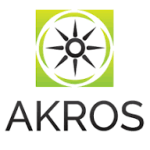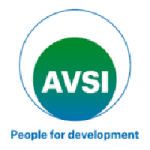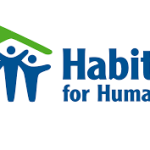Description
Introduction
Helen Keller International (Helen Keller Intl) is a nonprofit organization dedicated to saving and improving the sight and lives of the world’s vulnerable by combatting the causes and consequences of blindness, poor health and malnutrition. Helen Keller Intl invites all eligible Bidders to submit proposals to support the development and rollout of a comprehensive Health System Strengthening (HSS) strategy and toolkit to integrate into the organization’s Vitamin A Supplementation programs. The strategy and toolkit will include an approach to build the capacity of country teams.
The purpose of this Request for Proposals (RFP) is to select a vendor that will provide best value to Helen Keller Intl, when both technical and cost factors are combined.
A full call for proposal can be accessed here that describes the full consultancy and the evaluation criteria: https://docs.google.com/document/d/1qDkL4uHiPibLTBhDl3il3BpuWYukjZCjop1Tni3ni3Y/edit?usp=sharing
Scope of Work
Program Background
Vitamin A deficiency is a significant public health issue in sub-Saharan Africa, affecting 1 in 3 children aged 6–59 months. High-dose vitamin A supplementation (VAS) is a proven, cost-effective intervention that can reduce child mortality by up to 24%. While campaign-style delivery (e.g., Child Health Days) once ensured high coverage, resource constraints and the decline of polio campaigns necessitate integrating VAS into routine health systems.
However, weak and inefficient health systems limit this integration. To address this, Helen Keller Intl seeks to develop and implement a strategic Health System Strengthening (HSS) approach to sustainably deliver VAS and improve child health services overall.
Scope of Work, Key Objectives and Activities
The main objectives of this consultancy are:
- Assess the status of health systems and VAS integration.
- Create an HSS toolkit aligned with WHO health system building blocks.
- Build capacity of Helen Keller country teams to use the toolkit effectively.
- Pilot the toolkit in at least one country.
To achieve the objectives, the consultant(s) will undertake the following tasks and activities:
- Situational Analysis and Stakeholder Consultation: Assess existing models, review data, and consult stakeholders. Conduct a rapid situational assessment of the VAS program’s implementation and integration into health systems in the region. This may include reviewing existing reports and data on VAS coverage and delivery models in sub- Saharan African countries, as well as mapping current initiatives and best practices on integrating VAS with routine services. The consultant(s) will consult key stakeholders, including Helen Keller regional and country teams, Ministry of Health representatives, and relevant partners, to gather insights on challenges and opportunities for health system strengthening through VAS.
- HSS Toolkit Development: Build tools for all WHO building blocks – service delivery, workforce, logistics, information systems, community engagement, and policy. The toolkit should outline strategic approaches, activities, and milestones for integrating VAS into each of the health system building blocks. It should contain practical tools for the implementation of concrete activities:
- Service Delivery: The toolkit should consider bottlenecks to incorporate VAS into routine child health services (e.g. linking VAS distribution with immunization activities, growth monitoring sessions, other regular child health contacts, schools…), define how existing service delivery platforms will be leveraged to reach all eligible children, including hard-to-reach populations, through routine mechanisms rather than ad-hoc campaigns. Community service delivery platforms should be considered.
- Health Workforce: Develop Plans for training and capacity building of health workers and community health workers on VAS delivery. This includes developing job aids or integrating VAS into supervisory checklists so that health staff consistently deliver vitamin A during routine visits. The consultant will identify capacity gaps and recommend measures to ensure that health workers have the necessary skills and knowledge to implement VAS (e.g., counseling caregivers on the benefits of vitamin A, handling supplements, and recording doses).
- Supply Chain and Logistics: The consultant(s) should propose activities for the effective integration of VAS capsules into the national supply chain. This involves forecasting and budgeting for adequate supplies, streamlining procurement and distribution channels, and integrating vitamin A into existing logistics management information systems. The strategy should address common bottlenecks, such as stock-outs, and suggest coordination with national medical stores or immunization supply systems to ensure uninterrupted availability of quality vitamin A supplements.
- Health Information Systems & Monitoring: The consultant will propose methods for integrating vitamin A supplementation into national Health Management Information Systems (HMIS) or tracking tools – for example, by adding VAS indicators to child health registers or electronic systems. Strengthening data collection and utilization is crucial for identifying coverage gaps and enhancing program management. The plan should include monitoring and evaluation (M&E) frameworks to regularly track VAS coverage (two-dose coverage) and the performance of new delivery strategies. This may also entail community-based monitoring approaches for areas served by community health workers.
- Community Engagement and Demand: The consultant(s) should propose activities to generate community awareness and demand for vitamin A supplementation through routine services. The strategy will consider how to effectively utilize community volunteers within the routine delivery system. This mail also entails developing community engagement and demand metrics to better monitor this component.
- Policy, Leadership & Financing: The toolkit should identify actions to reinforce political commitment and integrate VAS into the health sector (and other sectors: education) workplans and budgets. This could include advocating for policy updates (e.g., including VAS integration strategic plan and child health policies) and securing domestic funding for VAS. The plan should recommend establishing or strengthening coordination mechanisms (such as a nutrition or child health working group) to oversee VAS program integration. It should also encourage intra-sectoral and multi-sectoral collaboration – for instance, aligning VAS delivery with immunization programs, nutrition/feeding programs, or schools and Early childhood development centers. Clear roles and responsibilities for governments, partners (including UN agencies and NGOs), and communities in sustaining VAS delivery should be delineated. The HSS toolkit is expected to include generic tools applicable across countries, as well as guidance on adapting these tools to country-specific contexts. The consultant(s) will draft the toolkit, incorporate feedback from stakeholders, and finalize a high-quality toolkit.
3. Capacity Building: Develop and deliver training materials and workshops. Design and implement a capacity-building program to enable country-level teams to use the HSS toolkit. This will likely involve:
- Develop training materials, including short videos, presentation decks, guidance notes, case studies of successful integration, checklists for planning and monitoring, and job aids for health workers.
- Organize and facilitate regional training for teams from multiple countries. This training will cover the strategies outlined in the HSS toolkit, as well as provide practical guidance for implementation. Topics may include: strategic interventions for transitioning from campaign to routine delivery, coordination, effective micro- planning for VAS at the health facility and district levels, supply forecasting and management, incorporating VAS into HMIS reporting, and demand creation. An in- person workshop (possibly at a regional hub or one of the countries) could be conducted, complemented by remote follow-up sessions.
4. Toolkit Field Testing: Support country-level adaptation and implementation. the consultant(s) will support the use of the toolkit during a testing phase in a selected country. This may involve short in-country missions (field visits) to work with one or two pilot countries on applying the HSS toolkit. Activities could include:
- Assisting the Ministry of Health and partners in those countries to adapt the regional HSS tools and develop a country-specific implementation plan (with local context and timelines).
- Supporting the organization of integrated VAS delivery during routine health system touchpoints (for example, observing and improving how vitamin A is given alongside immunization in clinics, or during child health days that are transitioning to routine services).
- Helping set up strengthened monitoring systems – e.g. revising reporting forms to include VAS, training district health teams on data analysis for VAS coverage.
- Addressing immediate bottlenecks encountered in the early phase (such as resolving supply issues or adjusting health worker training approaches based on feedback).
- Coordinating with other programs (immunization, maternal health, etc.) to ensure alignment and avoid duplication, exemplifying the multi-sectoral approach in practice.
- Fostering knowledge exchange: Encourage sharing of experiences among countries. This could include facilitating a community of practices, setting up an online forum or regular calls where country focal points discuss progress, and documenting lessons learned and best practices during the consultancy.
- These country-level support activities will serve as demonstrations and learning opportunities that can inform broader roll-out.
5. Final Documentation: Submit a final report summarizing outputs and lessons learned. Throughout the consultancy, maintain documentation of all outputs and processes. By the end of the assignment, produce a final report summarizing the work undertaken, results achieved, lessons learned, and recommendations for next steps. This report will be useful for the regional team to advocate for resources and guide future efforts. All training materials, plans, and tools developed should be compiled and handed over to the client in usable formats.
Deliverables and Illustrative Timeline
This consultancy is expected to commence on September 1, 2025, and will require approximately 120 working days over a 12-month period. The key deliverables and their tentative due dates are outlined below and will be finalized in consultation with the consultant during the inception phase.
The proposed number of working days and deliverables will be reviewed and refined during the inception period. Adjustments to the Level of Effort (LOE) and budget may be considered based on mutual agreement and the finalized scope of work. Any such revisions will require prior approval from the organization and must be formally documented.
- Inception Report & Work Plan – 30 September 2025 (10 days)
- Situational Analysis Summary report – 30 October 2025 (15 days)
- Comprehensive Health System Strengthening toolkit for VAS – 31 December 2025 (25 days)
- Training Toolkit and Materials – 31 January 2026 (15 days)
- Capacity Building sessions, Workshop agenda and report – 30 March 2026 (15 days)
- Toolkit field testing report including findings, actions taken, and recommendations – 30 June 2026 (30 days)
- Final consultancy report – 31 August 2026 (10 days)
Eligibility of Bidders
This RFP is open to entities that are deemed capable of implementing the scope of work, with a solid record of integrity and business ethics, and that meet the eligibility requirements stated in this Section.
Bidders that submit proposals in response to this RFP must meet the following requirements:
- Be non-government entities (for-profit and non-profit companies, non-governmental organizations (NGOs), etc.) that are legally registered under the laws of the country where it is operating
- Have demonstrated capacity and expertise to successfully implement the Scope of Work
- Have completed the required representations and certifications incorporated in this RFP
- Be willing to comply with relevant donor rules and regulations and Helen Keller Intl requirements.
Note: Helen Keller Intl will not award a contract to any firm that is debarred, suspended, or proposed for debarment by the U.S. Government, or who proposes to do business with firms or firms’ principals who are debarred, suspended, or proposed for debarment, in the performance of the requirement of this activity.
How to apply
SECTION 3: Proposal Instructions
The Bidder’s proposal will consist of two separate documents:
- Part 1 – Technical Offer
- Part 2 – Financial Offer
The Technical Offer and the Financial Offer (altogether “proposal”) must be submitted separately. The Bidder should not include any cost data in the Technical Offer.
The proposal should be concisely presented and structured, and should explain in detail the Bidder’s availability, experience and resources to provide the requested services.
A full call for proposal can be accessed here that describes the full consultancy and the evaluation criteria: https://docs.google.com/document/d/1qDkL4uHiPibLTBhDl3il3BpuWYukjZCjop1Tni3ni3Y/edit?usp=sharing
Proposals that are incomplete or do not address these criteria may not be considered in the review process. All proposals must be submitted in English.
Both the Technical Offer and Financial Offer must be submitted with a Cover Letter which must include the following information and must be signed and stamped by an authorized representative of the Bidder organization:
- Date of Submission of the Proposal
- Term of proposal validity (minimum (120 days)
- Name of the company/organization
- Name and title of authorized representative of organization
- Type of company/organization
- Address
- Telephone
- Taxpayer Identification Number
- Other required documents that shall be included as attachments to the cover letter:
- Copy of registration or incorporation in the public registry, or equivalent document from the government office where the bidder is registered.
- Copy of company tax registration, or equivalent document.
- Copy of trade license, or equivalent document.
Bidders must also submit a signed Conflict of Interest Declaration Form. This form will be assessed to establish whether the Bidder has any present or potential future conflict of interest according to the definition in Annex A. If the conclusion is reached that any conflict of interest declared by the Bidder could have a negative impact on the Bidder’s ability to perform the Service, Helen Keller Intl may decide to reject the submitted proposal. Failure to accurately complete the Conflict-of-Interest Declaration Form may also lead to the rejection of the submitted proposal.



